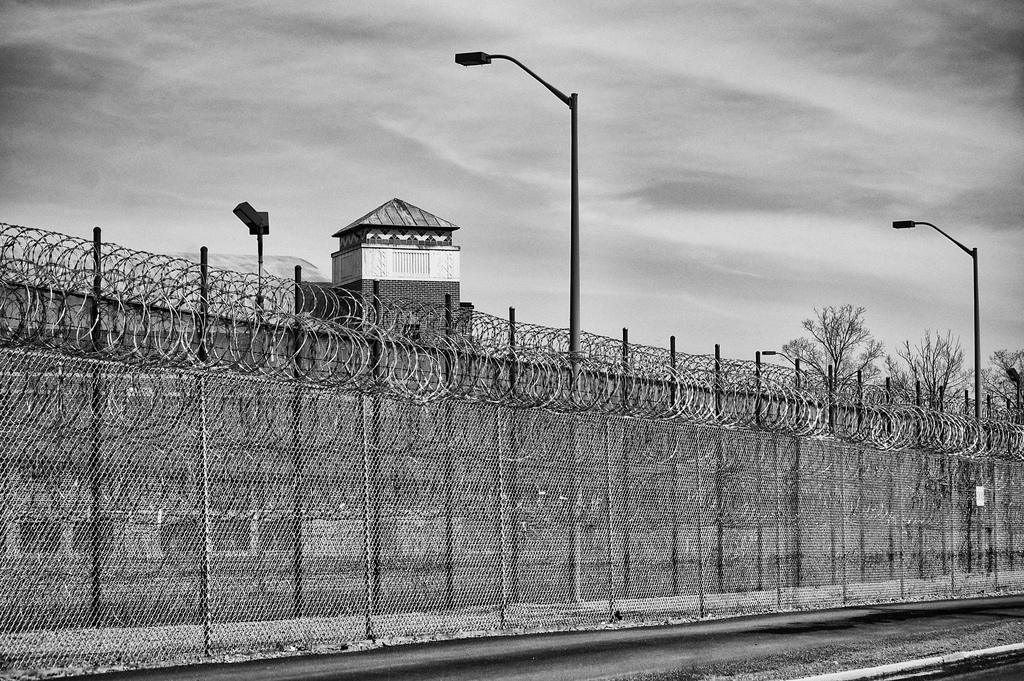Think of the words “death row.” What comes to your mind? A ruthless criminal or perhaps a serial killer languishing in an empty cell? Do you imagine the menacing buzz of an electric chair or a syringe full of lethal poison?
Surprisingly, this extreme form of punishment is allocated more often and more arbitrarily than you may think, especially when the person accused is from a poor socio-economic background. Unfortunately, the United States is several years behind other countries when it comes to its justice system and how laws are enforced. According to an Amnesty International report, about two-thirds of all nations have banned this barbaric practice, excluding the United States.
The existence of the death penalty in this country is seen as unconstitutional by many, and those who advocate for its abolition are correct. The constitution prohibits cruel and unusual punishment, and although everyone’s perception of what is cruel differs, just think of the uncertainty that comes with the death penalty. It is possible for an innocent person to be put on death row, and about 140 people have been released from death row due to wrongful conviction, according to the report. That number is outrageous and it’s important to consider how overrepresented certain demographics are on death row; black and Latino populations and people with mental illnesses make up a large segment of the inmates. Often a person ends up on death row because of where they live or their inability to afford their own attorney. Politicians have created this notion that people who commit crimes are subhuman, and need to be beaten down more than they already are as opposed to given rehabilitation. Thus, the death penalty — being the most final of all punishments — is inherently cruel and unusual.
The question isn’t whether a criminal deserves to die; the question is if society has the right to kill. The answer is no. Just imagine if this eye-for-an-eye mentality applied to all other crimes. Would we punish a rapist by having someone else rape the criminal? Would we punish a thief by cutting off their hands? It is time that we as a country evolve our thoughts and perspectives about crime and justice. We must reverse our tough-on-crime attitude that leads to punishing an offender instead of understanding the circumstances that led to the crime. We must value mercy above all else, because in any act of mercy lies hope and humanity. If society continues to remain silent about something so atrocious, then it is no better than turning on that electric chair or injecting that lethal shot.
Asha Kodan is a freshman biology major. She can be reached at ashakodan@ymail.com.



